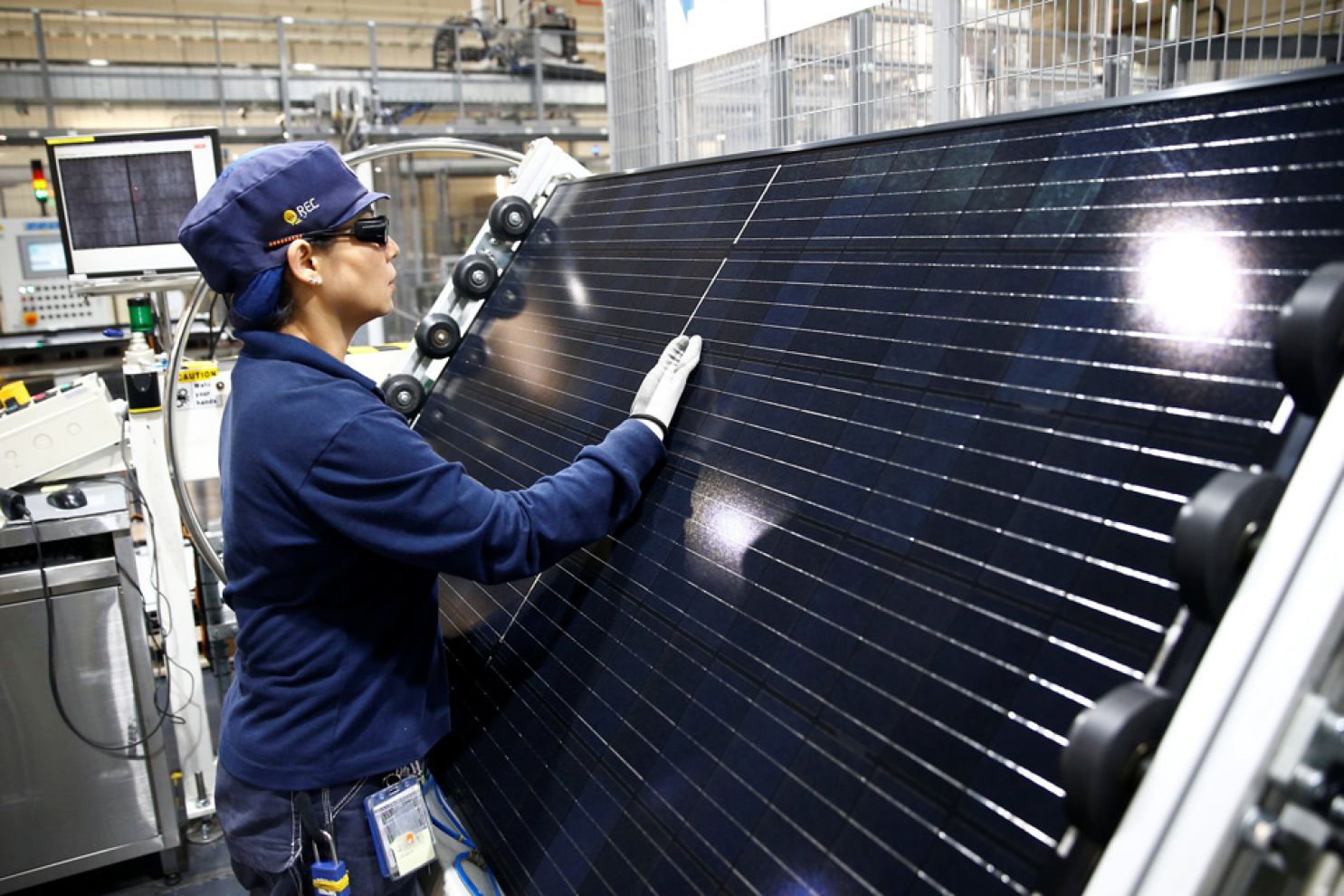Singapore: 2017 GDP expectations raised but growth may be uneven: MAS survey
PRIVATE-SECTOR economists have lifted their growth forecast slightly for 2017 from 2.3 per cent to 2.5 per cent, led by an expected pick-up in manufacturing, according to a survey by the Monetary Authority of Singapore (MAS).
But while the headline number has gone up, growth projections for most other sectors have been trimmed, signalling that economic growth is likely to be uneven.
The latest quarterly MAS survey captured the median consensus of 21 private-sector economists who were polled in May this year.
The median forecast for Singpore’s economic growth was 2.7 per cent for the second quarter, and 2.5 per cent for the rest of the year.
In its previous survey in March, economists’ median forecast of 2.6 per cent for the first quarter turned out slightly lower than the economy’s actual growth of 2.7 per cent released in late May.
Based on responses from the latest survey, the range that the economy is likely to grow is between 2 and 2.9 per cent this year, unchanged from March.
This is within the Ministry of Trade and Industry’s gross domestic product (GDP) forecast for 2017 at one to 3 per cent, with growth likely to be higher than 2 per cent.
Economists tell The Business Times that full-year growth is likely to improve from previous years, but the bright spark provided by the manufacturing sector may not be sustained in the long term.
Mizuho Bank economist Vishnu Varathan said that the headline number of 2.5 per cent is still “subdued” and not, in fact, a systematic upgrade of economic growth.
“It is better than expected, but it still assumes downside risk and a moderation that is not inconsistent with the outlook before.
“Manufacturing has surprised on the upside, and there is some of the lingering momentum left, but we are not looking at GDP crossing 3 per cent.”
Manufacturing was the only sector that saw an upward revision in economists’ forecasts, from 4.5 per cent to 5 per cent.
Finance and insurance is now expected to grow at 1.9 per cent, down from an earlier 2 per cent. The construction sector is also forecast to grow at 0.2 per cent from an earlier 0.3 per cent.
Accommodation and food services had the largest downward revision among the sectors, from 1.3 per cent previously to one per cent in the latest survey. Wholesale and retail trade remained unchanged at 1.1 per cent.
UOB economist Francis Tan said that the recent GDP growth was only concentrated in some clusters in the manufacturing sector such as electronics and precision engineering.
The rest of the manufacturing sector, such as offshore and marine and general manufacturing, is still weak, he noted.
Said Mr Tan: “Going forward, it won’t be a contraction, but it will be a smaller number than the strong first quarter.”
In the latest survey, economists expect unemployment to be at 2.4 per cent by year-end, unchanged from March’s forecasts. Mr Tan said that this was roughly in line with the jobs data that came out on Monday, which put March’s unemployment rate at 2.2 per cent.
He added: “The services sector is the largest employer of our labour force, if services is not enjoying what we are seeing in manufacturing, the unemployment could move higher.”
Forecasts of non-oil domestic exports (NODX) – a key indicator of growth for Singapore’s export-reliant economy – has fallen from 6.1 per cent to 5.6 per cent, but economists say that the number is in line with the revised NODX forecasts of 4-6 per cent for 2017.
Consumer price inflation was projected to dip slightly from one per cent in March to 0.9 per cent in the current survey, while core inflation – which strips out the costs of accommodation and private road transport – remained the same at 2.4 per cent.
Reflecting on the first half of 2017 so far, Mizuho’s Mr Vishnu said that the general sense was that many of the extreme risks that were looming are now out of the way.
Despite the failure of the Trans-Pacific Partnership trade pact, the US administration has not followed through with its protectionist rhetoric, while the French presidential elections went to centrist Emmanuel Macron. This increased certainty bodes well for Singapore’s economic growth going forward.
Said Mr Vishnu: “Trumponomics has not taken off the ground. We don’t think the US dollar will be too strong against the Singapore dollar, nor will the surge in interest rates be too excessive. This paints a Goldilocks scenario of moderate recovery, even as there remains a huge disparity in the sectors, with electronics surging away and the rest trundling along.”
Source: http://www.businesstimes.com.sg/government-economy/2017-gdp-expectations-raised-but-growth-may-be-uneven-mas-survey


 Thailand
Thailand





